Table of Contents
Anemia can leave you feeling tired, foggy, and just not yourself. If you’re a woman dealing with low iron levels, you’re not alone—it’s incredibly common, especially during menstruation, pregnancy, or if you follow a vegetarian or vegan lifestyle. The good news? You can boost your iron levels naturally with the right foods. Whether you’re looking for plant-based options or iron-rich foods for pregnancy, this guide is packed with easy-to-find, delicious choices to help you feel energized again.
1. Spinach
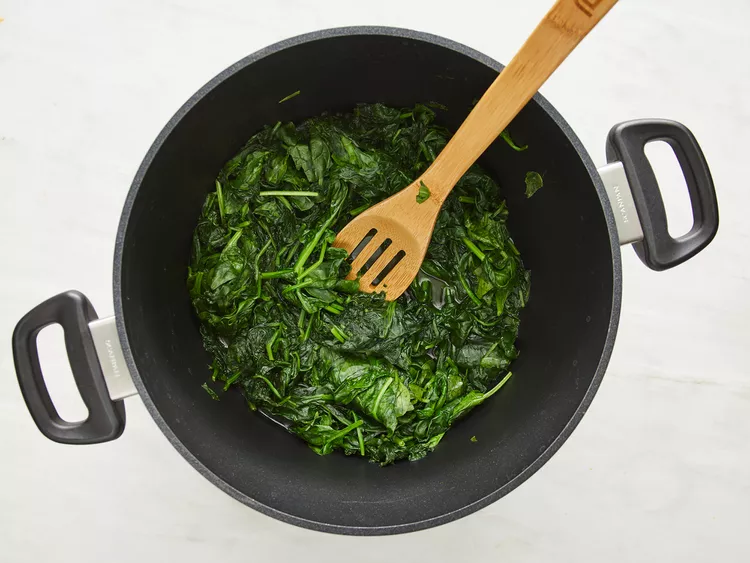
Spinach is a classic for a reason. This leafy green is one of the most popular vegetables, high in iron. Just one cup of cooked spinach offers around 6 mg of iron. It’s low in calories and packed with vitamin C, which helps your body absorb iron better.
2. Lentils
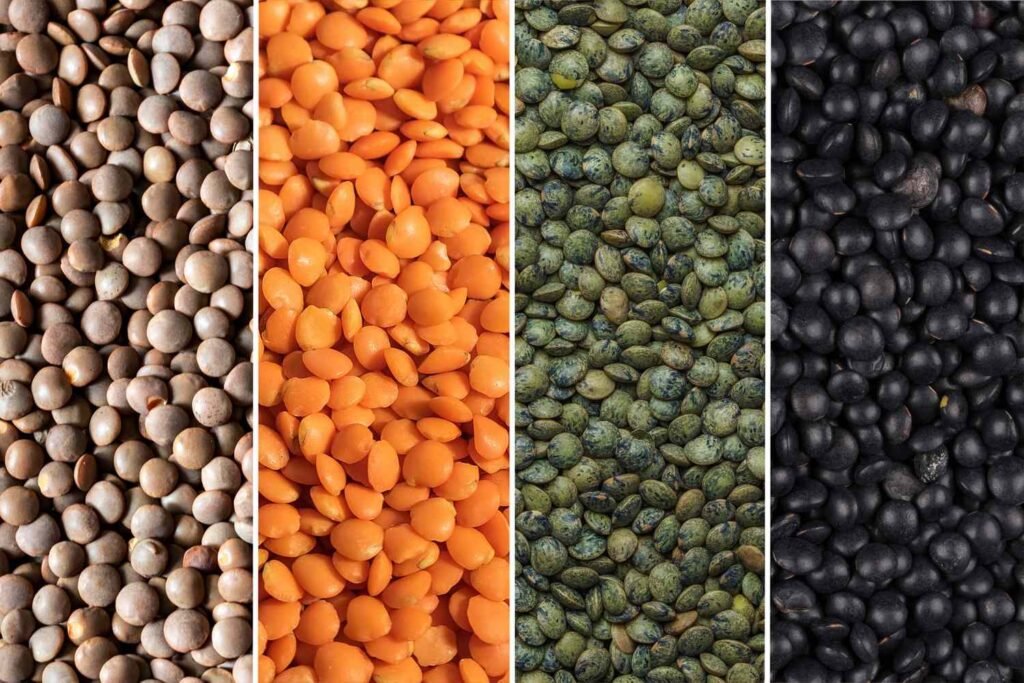
Lentils are a powerful plant-based source of iron. One cup of cooked lentils provides about 6.6 mg of iron. They’re a staple in vegetarian iron sources and are super versatile—add them to soups, stews, or salads for an easy iron boost.
3. Tofu
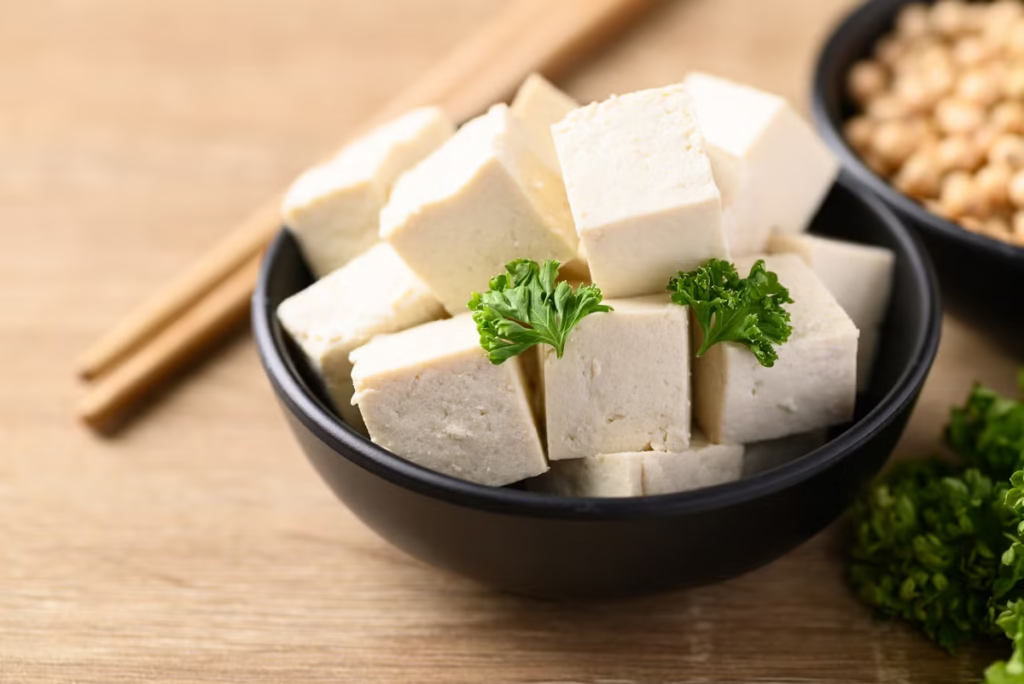
Tofu isn’t just for vegans—it’s one of the best non-meat sources of iron out there. A half-cup serving gives you about 3.5 mg of iron, making it a great addition to stir-fries, wraps, and grain bowls. It’s also an excellent source of protein.
4. Pumpkin Seeds
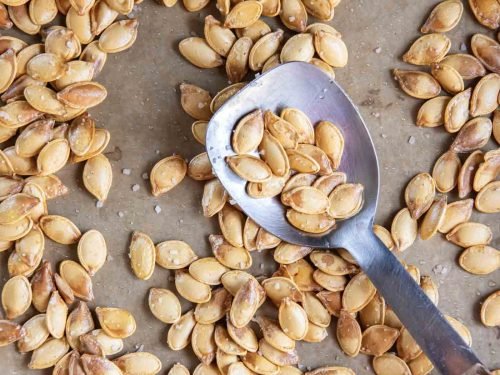
Don’t overlook seeds—they’re tiny but mighty. Pumpkin seeds offer about 2.5 mg of iron per ounce. They’re perfect as a snack or tossed into oatmeal or yogurt. These are easy-to-carry, crunchy sources of iron that require zero prep.
5. Chickpeas
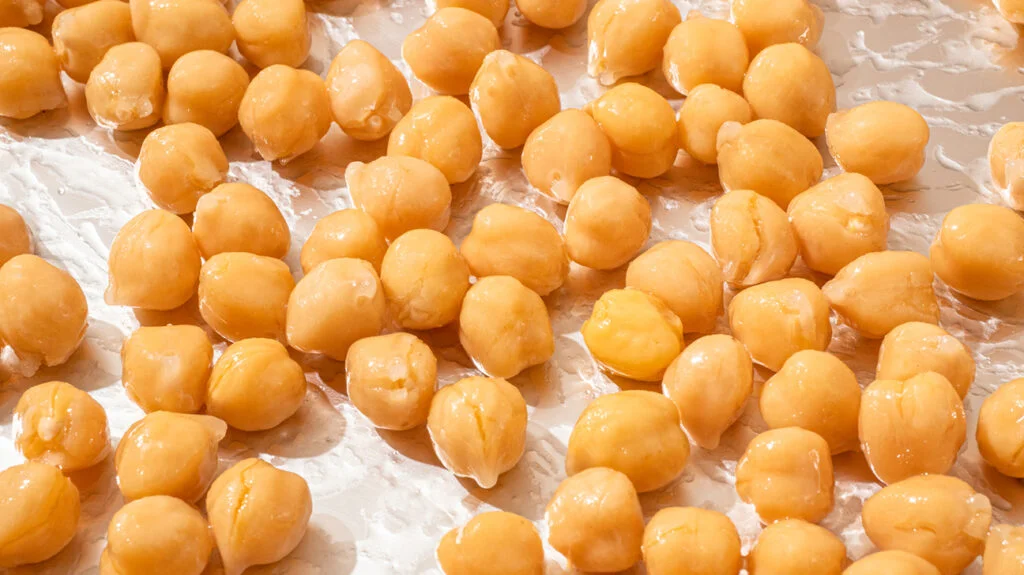
Chickpeas (also known as garbanzo beans) are another star on the blood-increasing foods list. A cup gives you about 4.7 mg of iron. Hummus, roasted chickpeas, or chickpea curry—however you enjoy them, they do your iron levels a favour.
6. Beets
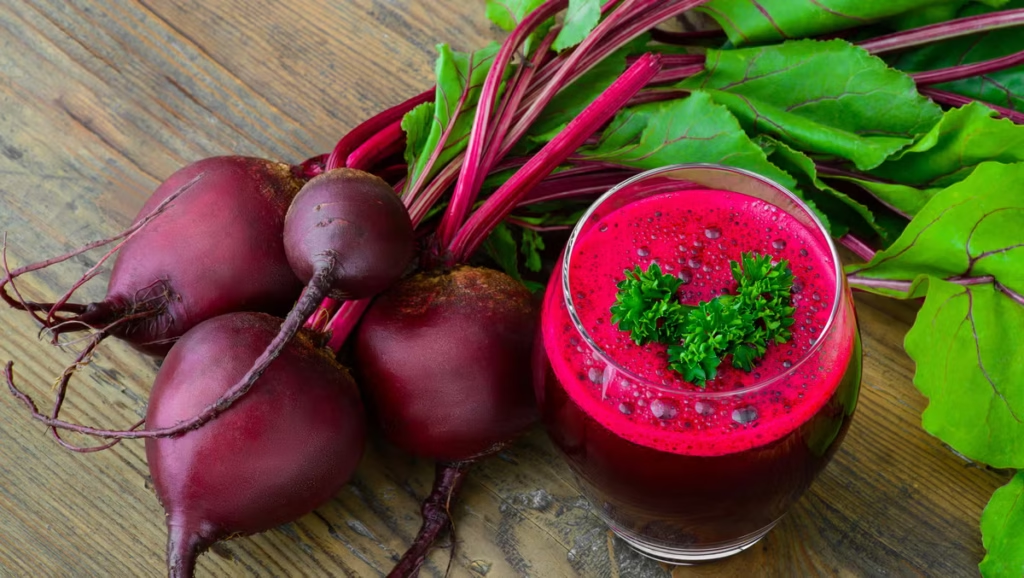
Beets are often praised for their blood-building benefits, and while they’re not the highest in iron, they help your body use the iron you eat more efficiently. They’re rich in folate too, which supports red blood cell production. Beets are high in iron? Maybe not top of the list, but they support your overall iron health.
7. Fortified Cereals
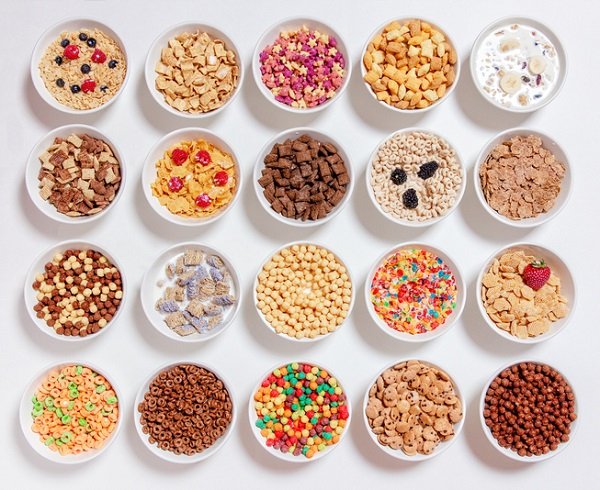
Iron fortified foods are a lifesaver, especially for breakfast. Many cereals come packed with 100% of your daily iron needs in just one serving. Always check the label to find those with high iron content and low sugar.
8. Quinoa
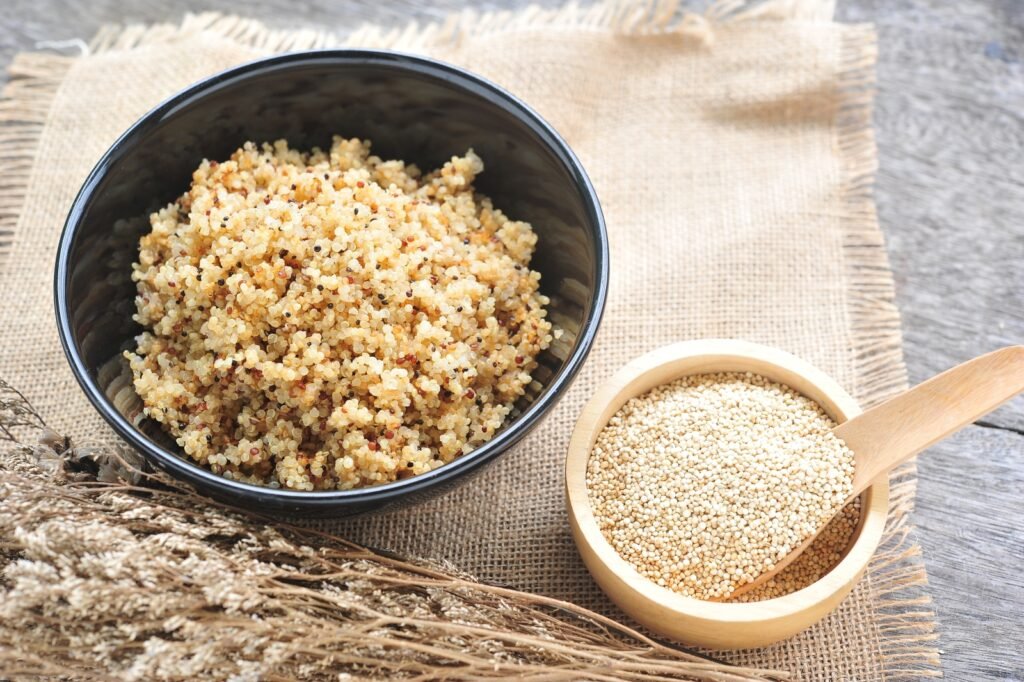
Quinoa is a complete protein and also a solid plant-based iron source. One cooked cup contains around 2.8 mg of iron. It’s also gluten-free, which makes it a great choice for many diets. Swap it in for rice or pasta to get more iron without even trying.
9. Dried Apricots
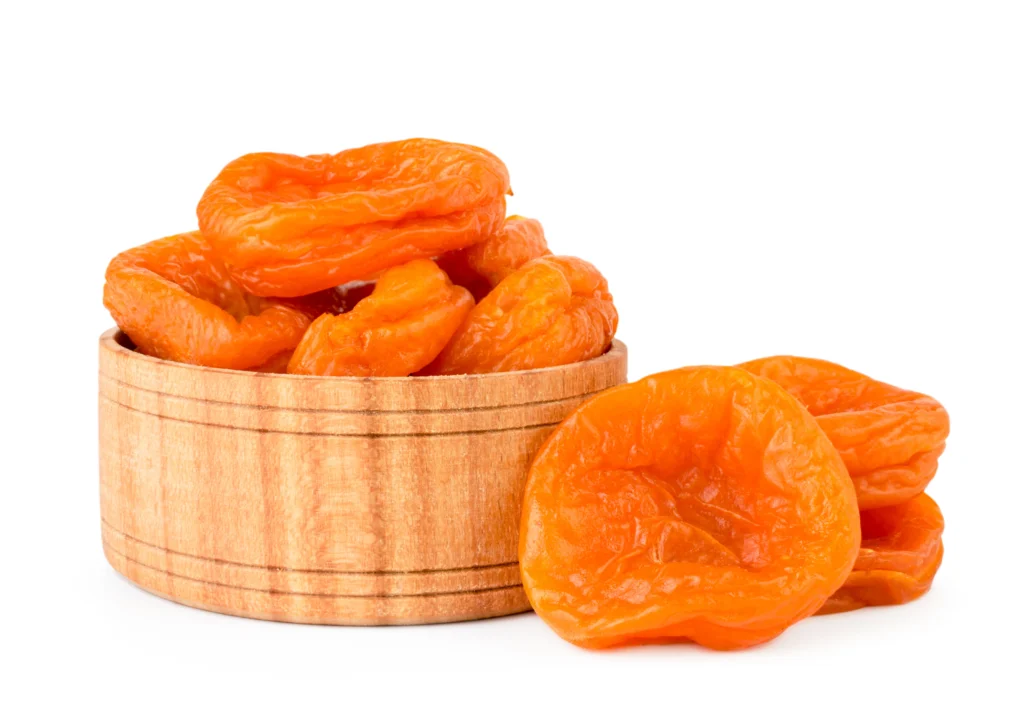
When it comes to iron rich fruits, dried apricots deserve a mention. Just a handful can offer around 2 mg of iron. They’re sweet, easy to carry, and a great mid-day snack. They also pair well with nuts for an extra nutrient boost.
10. Red Meat (Bonus for Non-Vegetarians)
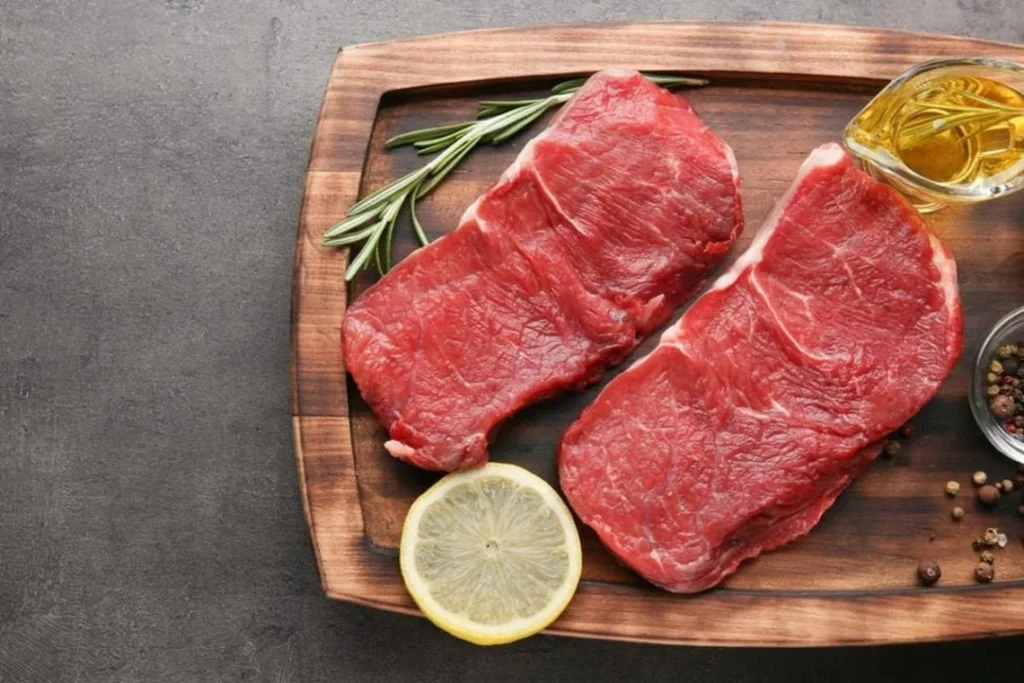
If you’re not vegetarian, lean red meats like beef and lamb are some of the most efficient meats high in iron. They contain heme iron, which your body absorbs more easily than the iron found in plant foods. A small portion goes a long way.
Smart Tips to Absorb More Iron
- Pair iron rich foods with vitamin C-rich foods like oranges, bell peppers, or tomatoes.
- Avoid drinking tea or coffee with iron-rich meals—they can block absorption.
- If you’re pregnant, focus on foods high in iron for pregnancy like spinach, lentils, tofu, and fortified grains.
The Bottom Line
Iron deficiency doesn’t need to control your energy levels or your life. With a simple, balanced iron rich diet—including both vegetarian and non-meat sources of iron—you can feel stronger, sharper, and more like yourself. Whether you prefer veggies with iron or lean meats, it’s all about adding the right foods to your plate.
For more related articles, Click here

